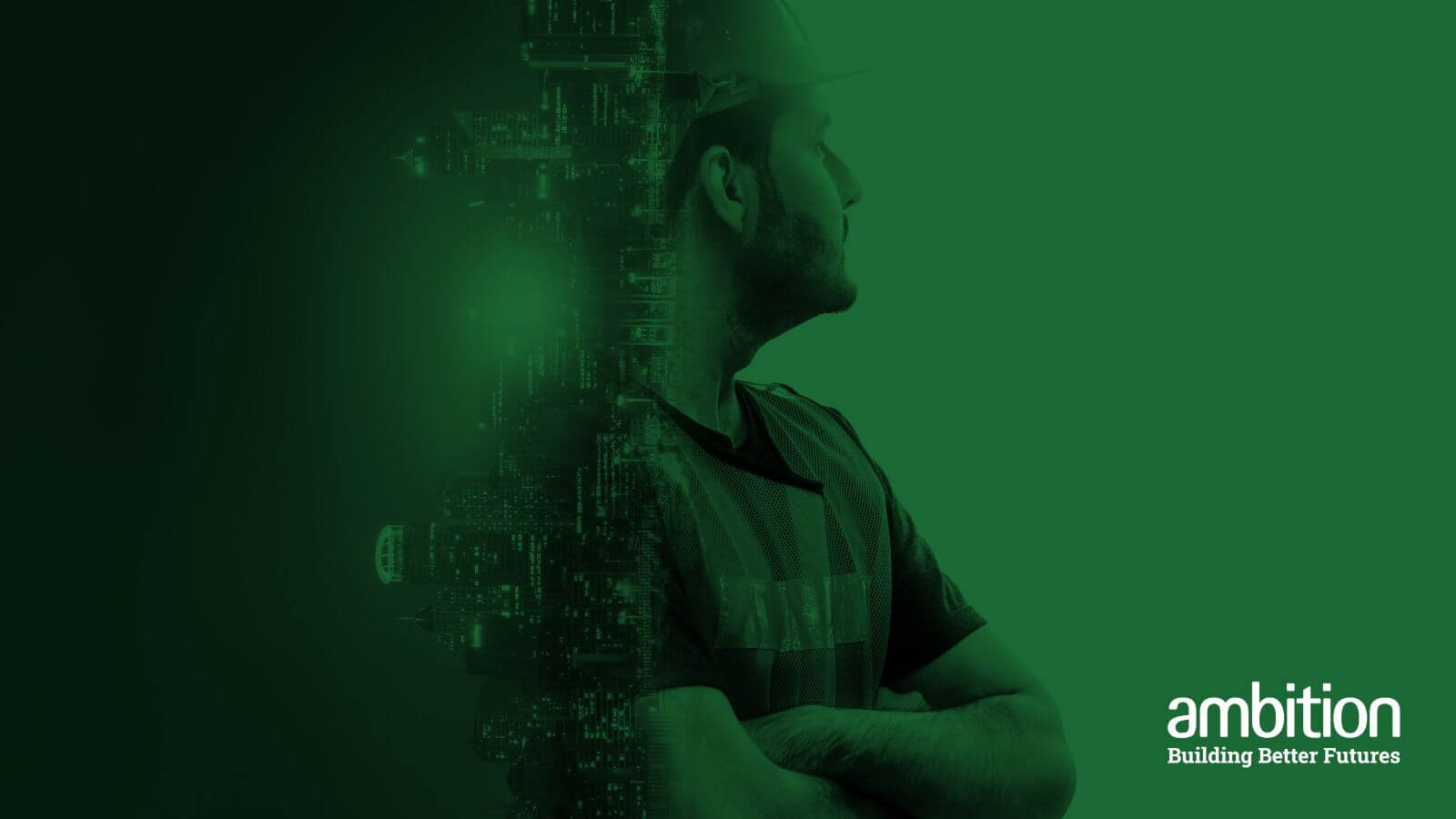Career insights with Ambition podcast
The podcast that dives deep into the defining moments of influential business leaders across technology, accounting and finance.

The podcast that dives deep into the defining moments of influential business leaders across technology, accounting and finance.

The podcast that dives deep into the defining moments of influential business leaders across technology, accounting and finance.

The podcast that dives deep into the defining moments of influential business leaders across technology, accounting and finance.


.jpg)
Hiring the “right” person for a senior leadership role can have knock on effects throughout the organisation with improvements in retention, productivity, and increased revenues. Culturally, This can also impact culture and in turn, the company's future.
An effective leader should have the ability to build a successful team of people who will become the future leaders of the organisation. A great leader's ability to see new opportunities is vital in the current climate. Leaders must be adaptable and able to act quickly to changing circumstances. Jacinta Whelan, Lead Partner at Watermark Search International, one of the longest established Australian executive search firms, has shared her insights on attracting and retaining talent, also providing some insights for professionals wanting to step into an executive career.
 |
|
Employers must have a strong value proposition. What does a company stand for; what benefit are they contributing to society? Why should someone work for them? The move towards aligning people's career with their purpose and passion has been gaining momentum and its tipping point has arrived. Across all generations, we are hearing and seeing people wanting to work with a business that is sustainable and serves a positive purpose. Showcasing an organisations purpose is a key differentiator in the fight for superior talent.
Good leaders are always in high demand and the difference a great leader makes to an organisation is tangible. When bringing in senior leaders there needs to be mutual benefit. The ideal scenario is a win-win for both parties. The client gets a leader who is passionate and committed to the growth and sustainability of the business and the individual feels valued and motivated to deliver exceptional effort.
The approach to hiring senior leaders in a crisis situation like COVID-19 should actually be more considered and thorough rather than panicked or short cut for the interests of a quick result. The leaders that are engaged in today's market will have a challenging but equally rewarding task ahead of them. The uncertainty of future conditions and the opportunities that exist in every tough environment means that new hires will have long-lasting impact on the business."
Remote working and hybrid teams put a large strain on your company culture. While there have been many quick fixes, keeping and creating a strong company culture could create quite a headache for organisations in the future.
I believe an organisations culture is a key risk. If we use the analogy that culture is like a battery and by all suddenly moving to WFH model, will experience a decline in the cultural reserves of the battery. Culture, or 'the way things are done' in an organisation needs consistent input to keep the battery power full. There are innovative ways organisations have come up with (remote Friday drinks, online team yoga, etc) but these are all quick fixes that are in reality trading off your prior culture and team cohesion, and they are not enough to ensure long term sustainable culture re-charge. Then there is the added element of new people into a remote team which will need a strong cultural orientation. Finding a long term sustainable solution holds the key to your companies success.
The skills that are needed to advance your career to the executive level are a combination of your deep technical expertise and strong digital literacy. It is not good enough to rest on tenure or technical skills only, you must be interested in and have a track record of transforming a business to be future proof. This doesn't mean everyone has to be in IT, it means you need to understand how your functional expertise (i.e finance, procurement, HR, operations, etc) delivers business outcomes in an environment of rapid change and transformation. To move from middle management to an executive-level position you will also need to be able to demonstrate people leadership and influencing skills.
Leadership of remote teams is not the same as leading a team of people face to face. There will need to be training for leaders to understand and perfect the nuanced approach that will be needed to manage remote teams. Just like in a face to face environment different styles must be adapted to the people needs of the team. Trust will be a key element in leading teams remotely. How you build and hold that trust will be the first focus of leaders as society builds a long term remote working ecosystem. Leaders of remote teams will be measured firstly by the output of their teams and another important measure will be the tenure or turnover of their teams.
Those executives who can lead an organisation that is strong in purpose through their empathic and genuine leadership style will see their careers fast track. Being able to set a clear vision and understand the balance needed between corporate and social responsibility will be rewarded both financially and with the ability to create the work-life balance they choose.
Find out more insights on the future of work within our latest booklet, "The future of work" here.